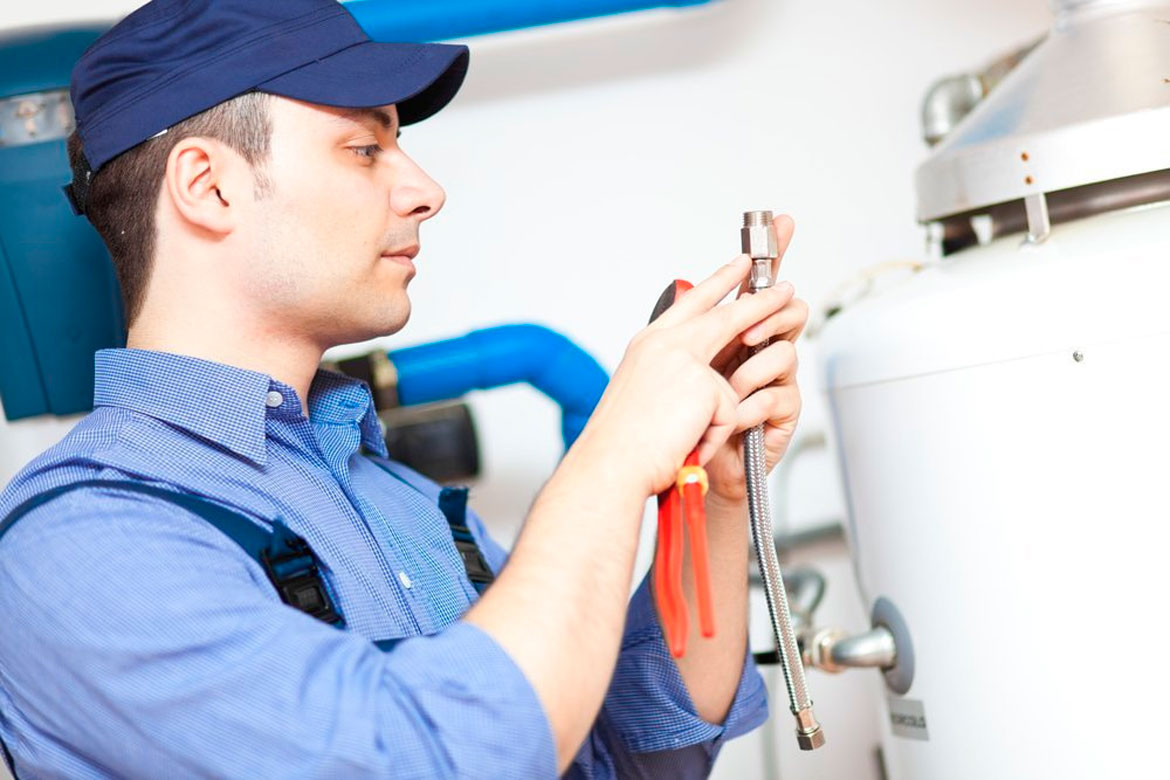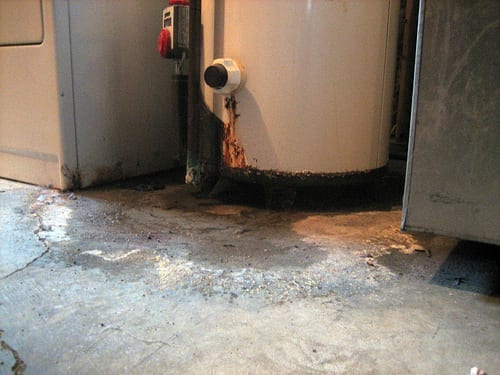Crucial Steps for House Owners Dealing with Faulty Hot Water Systems
Crucial Steps for House Owners Dealing with Faulty Hot Water Systems
Blog Article
Are you currently trying to find insight about Broken Water Heaters?

Whether it is located in the cellar or a different area, damaged water heaters can cause anxiety. Having no warm water supply is also bothersome.
Shut Down Power Source
Before calling the plumber, closed off a gas water heating unit by turning the temperature dial. This will certainly protect against electrocution, especially if there is a leakage as water is a conductor. Normally, the home heating component closes off when the water strikes a certain temperature level.
Cut Off the Cold Water Supply
Cut off the storage tanks tap water supply from the source. This goes from your primary water line right into the storage tank. When your storage tank is in good condition, the cold water stops filling when the tank is complete. Since it is dripping, the water will proceed to stream. Shut the valve found at the top of the heating unit. Revolve this clockwise to close it off. You should turn off that primary water supply line outside your property if you can not find it or reach it.
Call the Plumber
After doing the first 2 security steps, you have to call your plumber to come as soon as possible to take care of a fractured water heater. Nonetheless, remember that your system will not just conk out dramatically overnight. There are normally signs that your aging hot water heater has debris build-up in the interior. Make note of the following:
Instead, as quickly as you find these indications, have a specialist come to inspect your water heating unit say thanks to. Generally, water heaters have a lifespan of concerning 8 to 12 years.
Tidy up Property
After calling the plumber, document damages by bearing in mind and images so you can declare your house owner's insurance coverage. From there, start the instant clean-up. Take out any essential personal belongings to avoid further soaking. Remove any standing water to stop mold and mildew and also mildew development. If you have a submersible water pump, utilize that to drain pipes the water. Or else, the standard bucket method will certainly also work. Attempt to mop out every little thing, consisting of baseboards and also wall surfaces. Keep them running to keep air flowing if you have an electrical follower and dehumidifier. This will aid prevent mold and mildew growth.
Remember, if you discover any type of issues with your water heating system, call the pros right away. You can not take this issue gently due to the fact that a damaged thermostat can raise water temperature to a dangerously high degree, leading to unintended burns.
Whether it is located in the basement or a separate area, damaged water heating systems can cause tension. Before calling the plumber, closed off a gas water heating unit by turning the temperature dial. After doing the first 2 safety and security actions, you need to call your plumber to come right away to fix a ruptured water heater. If you have a submersible water pump, make use of that to drain pipes the water. Remember, if you discover any type of problems with your water heating system, call the pros right away.
Is My Water Heater Broken?
The Water Heater is Old
No appliance will last forever. This includes a home’s water heater. During its lifespan, residents are going to face a situation where a new water heater installation will be necessary. The biggest problem with this is that most people are not sure when their water heater expires. Not knowing this can lead to serious risks if the unit begins to act up due to old age.
Most makes and models of water heaters will last between eight and 10 years. While 10 years is the age when water heater replacement is highly recommended, the need to replace the unit may occur before this time or after. If the unit doesn’t show any symptoms of a problem, it is a good idea to replace it at the 10-year mark (from the manufacture date).
Some of the symptoms that indicate a new unit is needed include rusting, leaks, noises, and a failure to heat up the water. Also, note that not all units have a 10-year life expectancy. The main exception to this rule is that a gas unit will last for six to eight years.
Rusty Heater Inlet Valve or Water
While steel is the strongest material on earth, it does have a weakness – rust. If corrosion occurs on a steel surface, it will begin to spread and eat through the steel in certain areas. On water tanks and pipes that are made of steel, rust is a warning sign of an impending leak.
The issue for many is trying to figure out if the rust is coming from the water heater or the pipes that lead to the faucet. If rust is seen, it is a clear indication that water heater service from the professionals is needed.
If rusty water appears out of the faucets in the bathtub or sink, it likely means a rusty water heater. If there is rust near the water inlet or the pressure relief valve, rust has likely developed inside the tank. If tap water appears rusty, it may be an issue with the pipes.
Strange Sounds from the Water Heater
Are there strange sounds coming from the tank? As a water heater gets older, rumbling noises may develop and get louder and louder as the water in the tank heats up. In homes where large amounts of hot water are used, the issue is likely going to be even more obvious when more serious issues arise. If there is a strange or loud noise coming from the unit, it is probably because of sediment buildup. A good way to remedy this problem is by flushing the heater. If this does not work, then a new unit may need to be installed.
Leaks
As a water heater gets closer to the end of its useful life, there is a higher chance there will be water around the tank. If there is water, this usually means leaks are occurring. Based on where the unit is located in the home, a leak may result in serious property damage.
Leaks are usually caused by expansions in the metal tank. The expansions occur as time passes and as the inside body of the tank is exposed to multiple heating cycles per day. When a fracture forms, the gap will be slight enough to hold the water in; however, in more serious situations, this will not be the case. If the tank is idle, the water will not leak but when the metal expands during each heating system, small amounts of water will get through the gap.

I'm very fascinated with Maintaining & Draining a Water Heater and I really hope you liked our blog entry. Sharing is good. Who knows, you may be helping someone out. We truly appreciate reading our article about Water Heater Burst.
Secure fix? Ring! Report this page